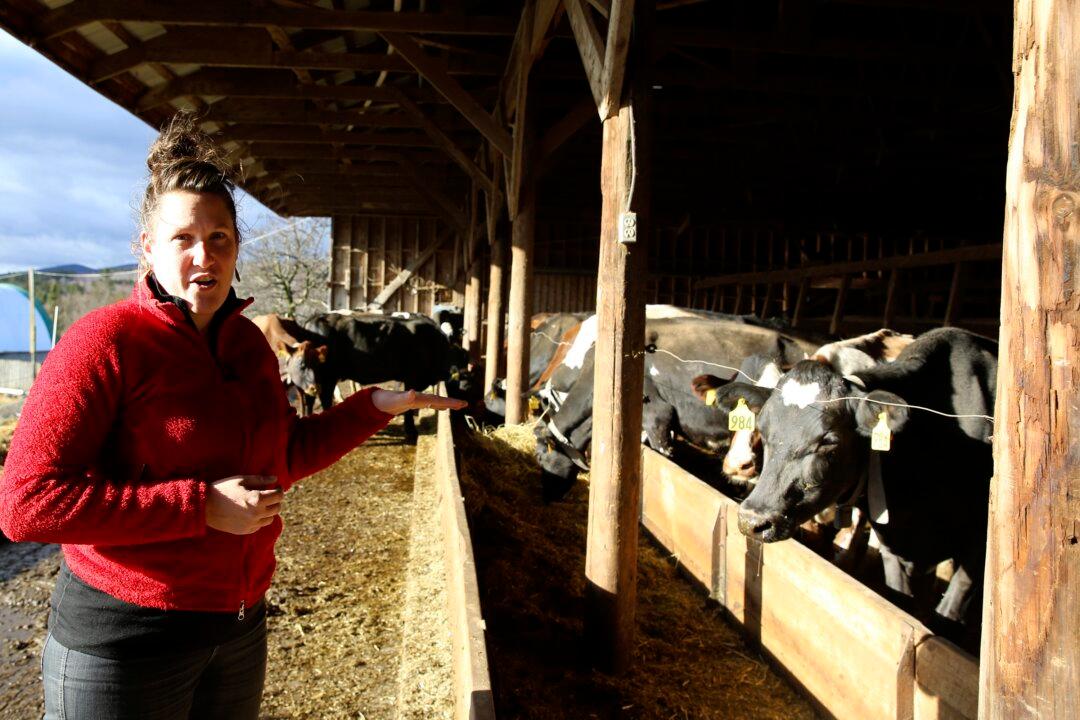WHITINGHAM, Vt.—Organic dairy and other livestock farmers are seeking emergency federal aid as they grapple with skyrocketing organic feed costs, steep fuel, and utility expenses as well as the consequences of drought in many parts of the country.
Two dozen U.S. senators and representatives wrote to U.S. Agriculture Department Secretary Tom Vilsack this week asking for emergency assistance for these farms. National and regional organic farming groups have also reached out to the department and the heads of the congressional committees.





